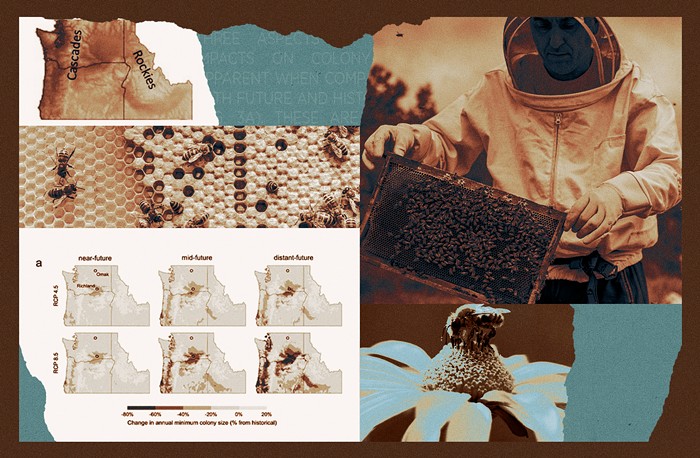
The Four Presidential Candidates Debate Science: Despite its outsized impact on our lives, science policy is rarely a topic of discussion during presidential debates. To provide an alternate way for candidates to share their views on science issues in a public venue, a coalition of scientific societies and universities has instead organized an online “debate” for the past three election cycles. This year’s edition is now available. It makes for fascinating reading, and often captures the zeitgeist of the candidates’ wider campaigns: Clinton caters perfectly to her audience, with technically-proficient responses that read like policy proposals. Stein tries to work in populist zingers whenever she can, such as the desire make science policy more “responsive to the preferences and needs of average citizens.” Johnson mixes his usual heavy dose of free market worship with a few pointed plays for vaguely liberal millennials. (“Government’s role is to...protect against those who damage and over-consume resources to the harm of others.”) And Trump? As my labmate put it, his answers seem to have been written by his least-interested intern.
All Modern Non-Africans Left Africa At the Same Time, More or Less: The theory that all modern humans originated in Africa before spreading across the globe dates at least back to the 1800s, and has long been held as scientific consensus. However, when, how, and why we began to leave the continent continues to be hotly debated. Now, a trio of studies published in the journal Nature appear to be converging on a common narrative for this shadowy bit of human prehistory: All non-Africans alive today can trace their ancestry to a single population migrating out of Africa between 50,000 and 80,000 years ago. The breakthrough is largely due to 787 newly sequenced genomes from indigenous populations worldwide, which are allowing researchers to investigate their relationships to well-studied populations in Europe, Africa, and China with increased resolution. The New York Times’ Carl Zimmer has more.
Simulations Show Cutthroat Academic Culture Leads to Shoddy Science: Does today’s academic job market and work culture negatively affect the quality of science being done? To try and answer this question, social scientists Paul Smaldino and Richard McElreath developed a mathematical model to simulate competition and “natural selection” within the scientific community. The team’s model examined how the choice to either re-evaluate previously published ideas or work on new, splashy ones affects a lab’s “reproductive success” — whether its trainees manage to stay in academia and start their own labs, passing on their culture and approach. Labs could also prioritize either the quantity or the quality of their publications, implemented as trade off between the number of articles published and how many of those articles had reliable results. Depressingly, the simulation showed that over time, more and more labs chose to focus on new hypotheses and publish as much as possible. The result? Research rife with errors and false positives. As Ed Yong of The Atlantic puts it: “The problem...is that what is good for individual scientists is not necessarily what is good for science as a whole.”
Science Event of the Week: At Town Hall Seattle on Tuesday, September 27th, biologist Brett Finlay will be discussing his recent book on human health and microbes, Let Them Eat Dirt. Things get going at 7:30 PM.














